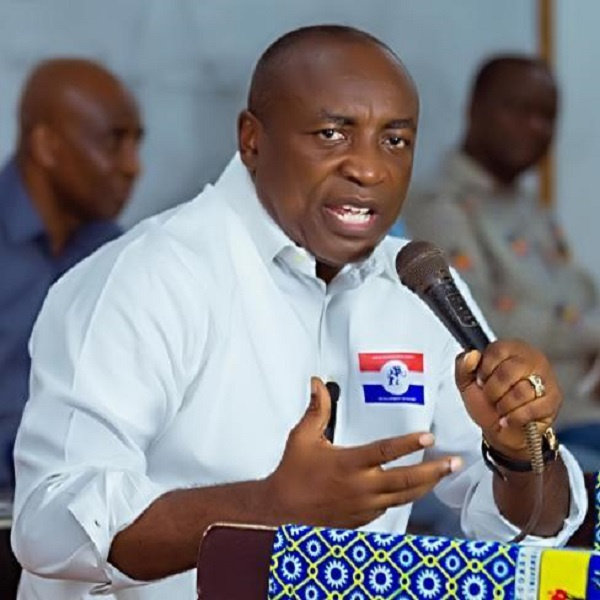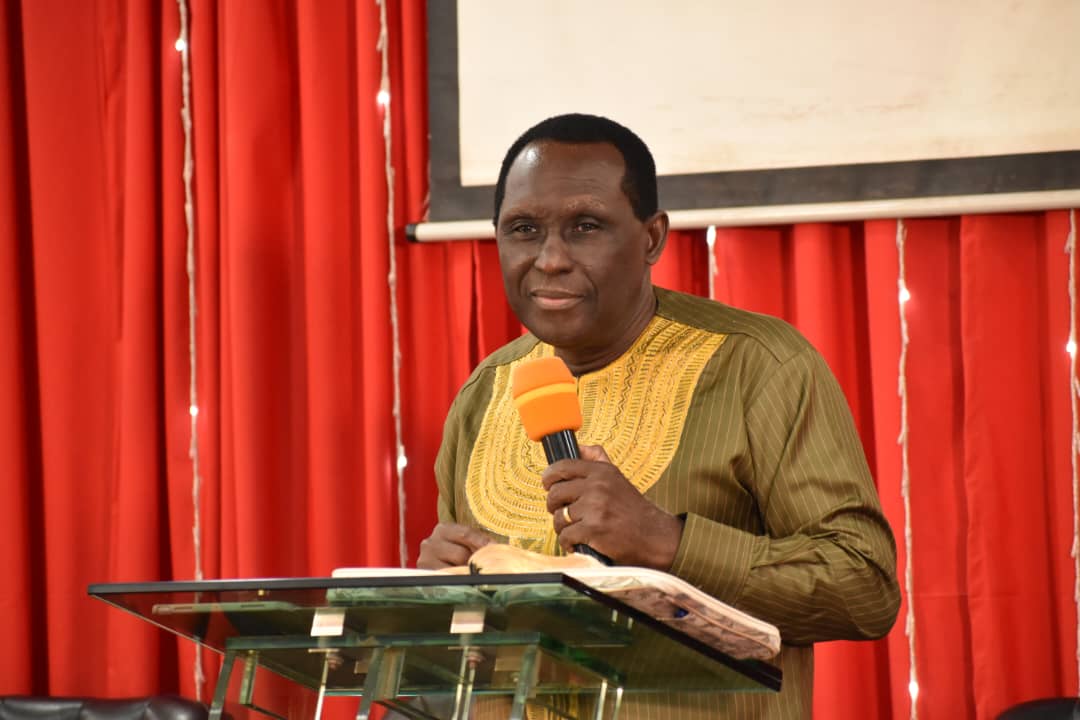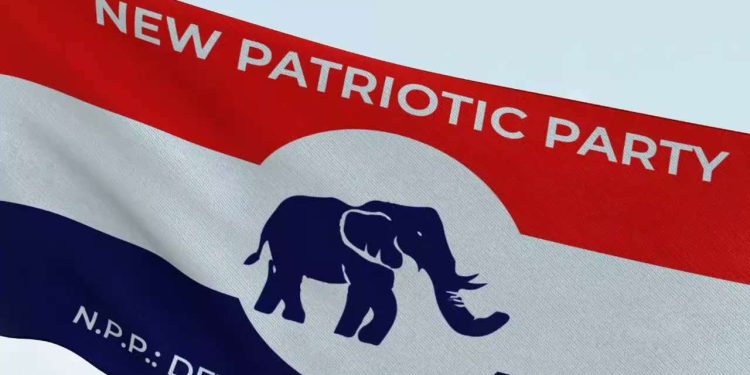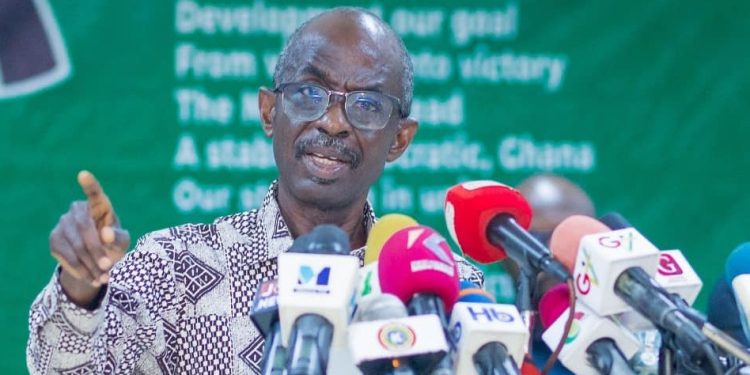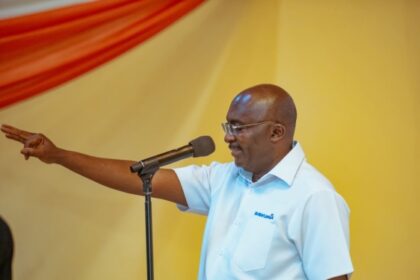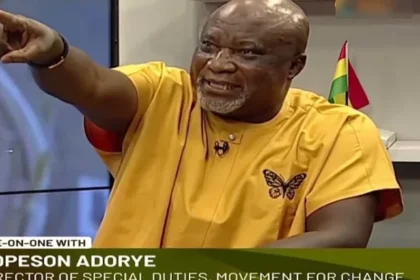In a political epoch often marred by grandstanding, over-the-top displays of power, and an erosion of public trust, a bold, principled declaration by Kwabena Agyapong demands our attention: “Ministers under my presidency will not use motorcades.”
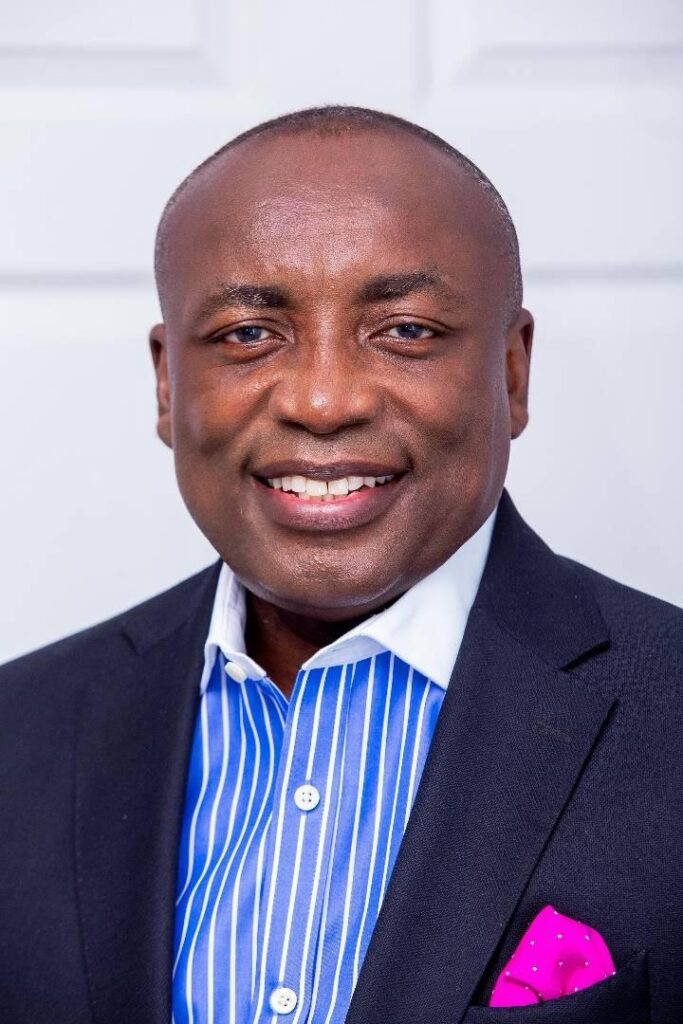
This is more than rhetoric. It is a signal: a new kind of leadership is possible one rooted in humility, accountability, and ethical clarity.
Rejecting the Trappings of Power
In many democracies, motorcades have become an emblem of political privilege, a symbol that separates a leader from the people they serve. A leader who pledges to forego that privilege sends a deeper message: that power should not shield one from the everyday realities of ordinary citizens. Agyapong’s position suggests that he understands this — and is willing to lead differently.
This stance is not merely symbolic. By curbing motorcades, the costs of government travel can be reduced, public resources can be conserved, and the barrier between leaders and citizens can be lowered. More importantly, it places emphasis where it should be: on performance, on policy, on substance — not pomp.
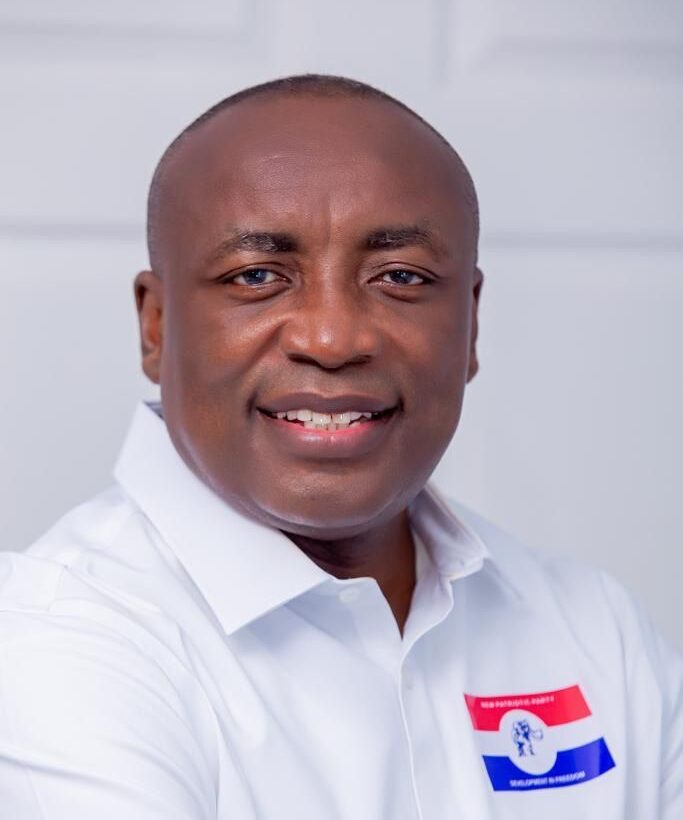
Decorum, Moderation, and Respectful Discourse
Throughout his campaign season, Kwabena Agyapong has consistently shown moderation in his rhetoric. He has refrained from incendiary language and personal attacks, preferring to engage in substantive debate rather than mudslinging. In a political environment where polarizing speech is often rewarded, this shows courage and a rare commitment to respectful governance.
His tone reinforces the idea that politics need not be cruel or destructive. Indeed, the hallmark of true statesmanship is not only what one says, but how one says it. A leader who can steer dialogue toward collaboration, not confrontation, establishes a healthier climate for governance and national unity.
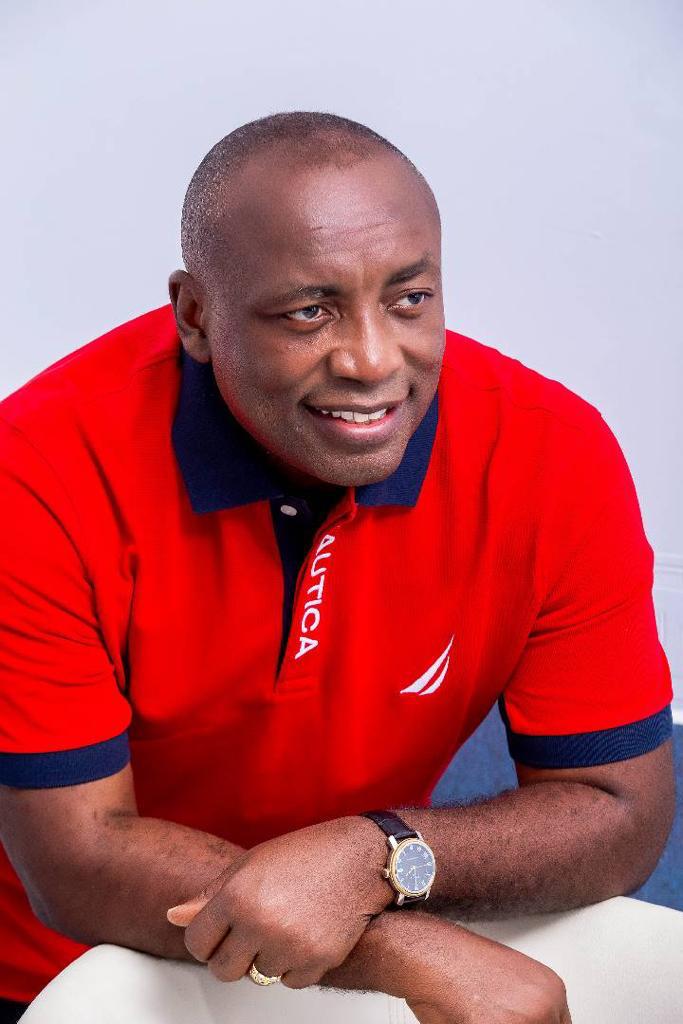
Fearlessness, Integrity, and Incorruptibility
Among the crowded field of aspirants, one must ask: who among them can genuinely be trusted to resist the lure of patronage, nepotism, or corruption? Kwabena Agyapong has, in multiple occasions, been unafraid to call out abuses and to speak truth to power. That quality is vital in a nation striving to deepen democratic norms and to root out corruption.
Where others may avoid risky stands, he has shown boldness. Where others might equivocate, he has spoken clearly. That is not bravado that is backbone. And in the character of a leader, that backbone matters.
Institutional Memory, Party Loyalty, and Depth
Beyond personality, a robust candidate must know history, understand institutions, and appreciate the legacies that shape present-day politics. Agyapong’s long involvement in party structures, his familiarity with the internal dynamics of the New Patriotic Party (NPP), and his appreciation of Ghana’s political trajectory give him depth that few rivals match.
He does not come as an outsider unfamiliar with party ethos or organizational demands. Rather, he is among the few who can straddle both institutional knowledge and reformist fervor. He knows the roots from which the NPP was born and is positioned to modernize them without betraying foundational ideals.
Why the Debate Should Recognize His Suitability
- A clear moral line. By stating that motorcades will be banned for ministers, Agyapong offers a clean ethical baseline one that rescues politics from the spectacle of entitlement.
- Focus on substance and delivery. His campaign centers on what government should do, rather than what pomp it should project.
- Temperate leadership style. In a fractious political culture, his moderate and civil approach promises better prospects for consensus-building.
- Courage to speak truth. His fearless manner especially when confronting entrenched interests gives confidence that he will not be easily co-opted.
- Institutional knowledge. His grasp of party history, internal mechanics, and national context equip him to lead not just a party, but a country.
In sum, Kwabena Agyapong is staking his candidacy not on theatrical gestures, but on moral clarity, consistency, and conviction. His announcement about motorcades is not a quaint promise it is a litmus test. It challenges us, the electorate and the debate, to ask: do we want leaders who flaunt status, or ones who embody service?
As Ghana stands at another crossroads, the nation deserves a leader who can lead with dignity, discipline, and devotion to the public good. Kwabena Agyapong has shown that he aspires to be that leader, and by many signs, he has what it takes.




